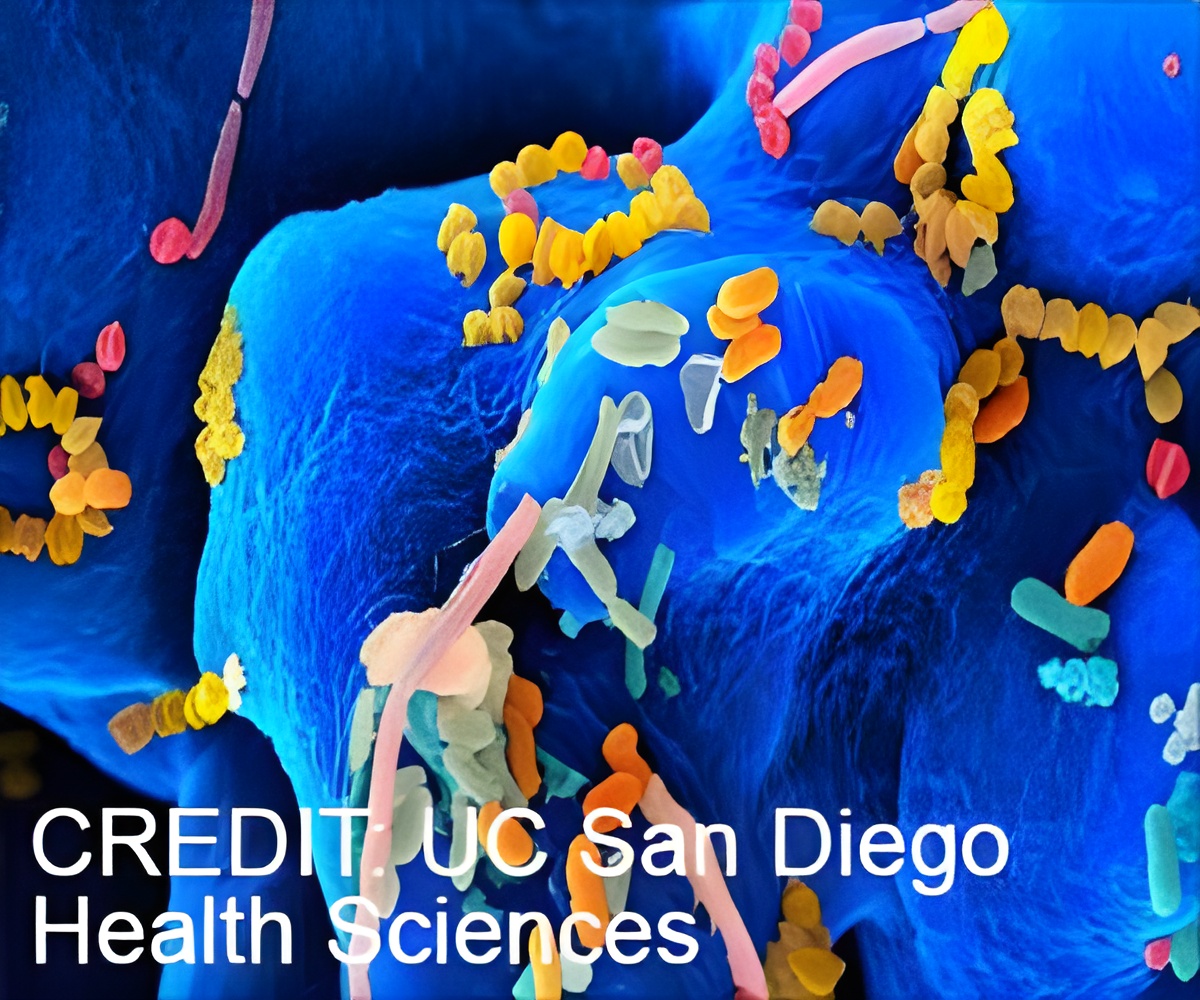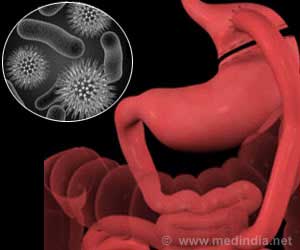The newly designed microbes that are introduced in the intestine can be used to deliver drugs or identify any changes in the gut.

The study, appearing in the journal Cell Systems , is a starting point for designing microbes that could eventually deliver drugs or detect long-term changes in the intestines that lead to inflammatory bowel disease or other illnesses.
The idea to bio-engineer bacteria for therapeutic purposes is not new, but not all bacteria are suited for the same tasks.
The MIT group, led by synthetic biologists Timothy K. Lu and Christopher Voigt, saw that Bacteroides had the potential to express genes on demand.
"The bacteria that live in us or on us impact human health in very significant ways and we have techniques to modulate the microbiome - taking antibiotics or changing our diet -- are relatively limited," said Timothy K. Lu. "We’re hoping that with these tools to precisely engineer the intimate interface between bacteria and humans, we’re going to be able to tackle some major health-related problems," he said.
The eventual goal would be to engineer microbes that can alter gene expression based on signals within the intestines in humans.
Advertisement
Source-IANS











